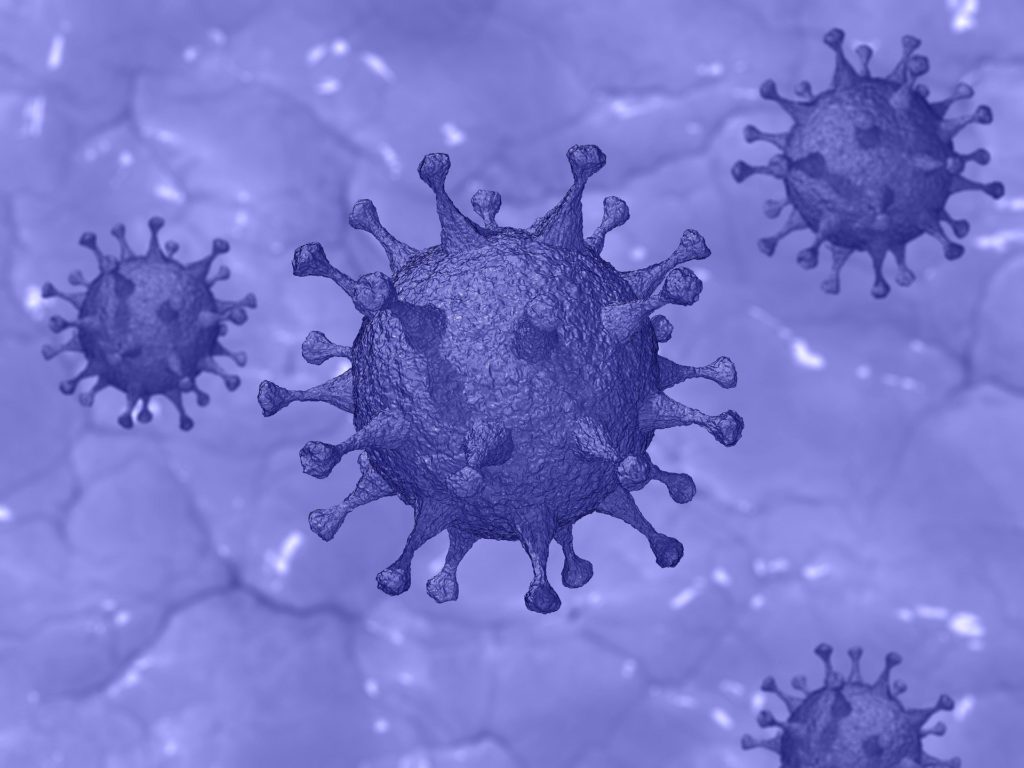A Hong Kong man has reportedly been reinfected by a different version of COVID-19 a few months after testing positive for the first time, says scientists at Hong Kong University’s department of microbiology. This is the first reported case of COVID-19 reinfection, which could have significant implications for vaccine development and natural immunity.
According to The Japan Times, the 33-year-old man was first diagnosed with COVID-19 in March and recovered. He was then diagnosed with COVID-19 a second time after being detected via airport screening as he returned to Hong Kong from Spain in early August.
Genetic sequencing shows that the man has been infected by two different strains. The second strain was a close match to the strain circulating in Europe in July and August.
In a statement, the University says: “An apparently young and healthy patient had a second episode of Covid-19 infection which was diagnosed 4.5 months after the first episode.
“Our results prove that his second infection is caused by a new virus that he acquired recently rather than prolonged viral shedding,” said Dr. Kelvin Kai-Wang To, a clinical microbiologist at the University of Hong Kong.
“This case illustrates that reinfection can occur just after a few months of recovery from the first infection. Our findings suggest that SARS-CoV-2 may persist in the global human population as is the case for other common-cold associated human coronaviruses, even if patients have acquired immunity via natural infection.
“Since the immunity can be short lasting after natural infection, vaccination should also be considered for those with one episode of infection.”
There have been many cases of presumed reinfection across the world but none that were confirmed, reports the New York Times. People who have been diagnosed positive for COVID-19 may continue to test positive for weeks as they shed viral fragments, but they likely don’t have a live virus.
If this new finding is true and is seen in other patients, natural immunity may not provide those who have recovered from COVID-19 permanent protection.
Speaking to The Independent, Dr David Strain of the University of Exeter said these results are concerning.
“This is a worrying finding for several reasons. The first, as is laid out in this manuscript, is that it suggests that previous infection is not protective. The second is that it raises the possibility that vaccinations may not provide the hope that we have been waiting for.
“Vaccinations work by simulating infection to the body, thereby allowing the body to develop antibodies. If antibodies don’t provide lasting protection, we will need to revert to a strategy of viral near-elimination in order to return to a more normal life.”
Experts caution against jumping to conclusions, as this case may be an outlier among the millions around the world. More studies tracking patients is necessary for a more definitive picture.
Picture: Pixabay

